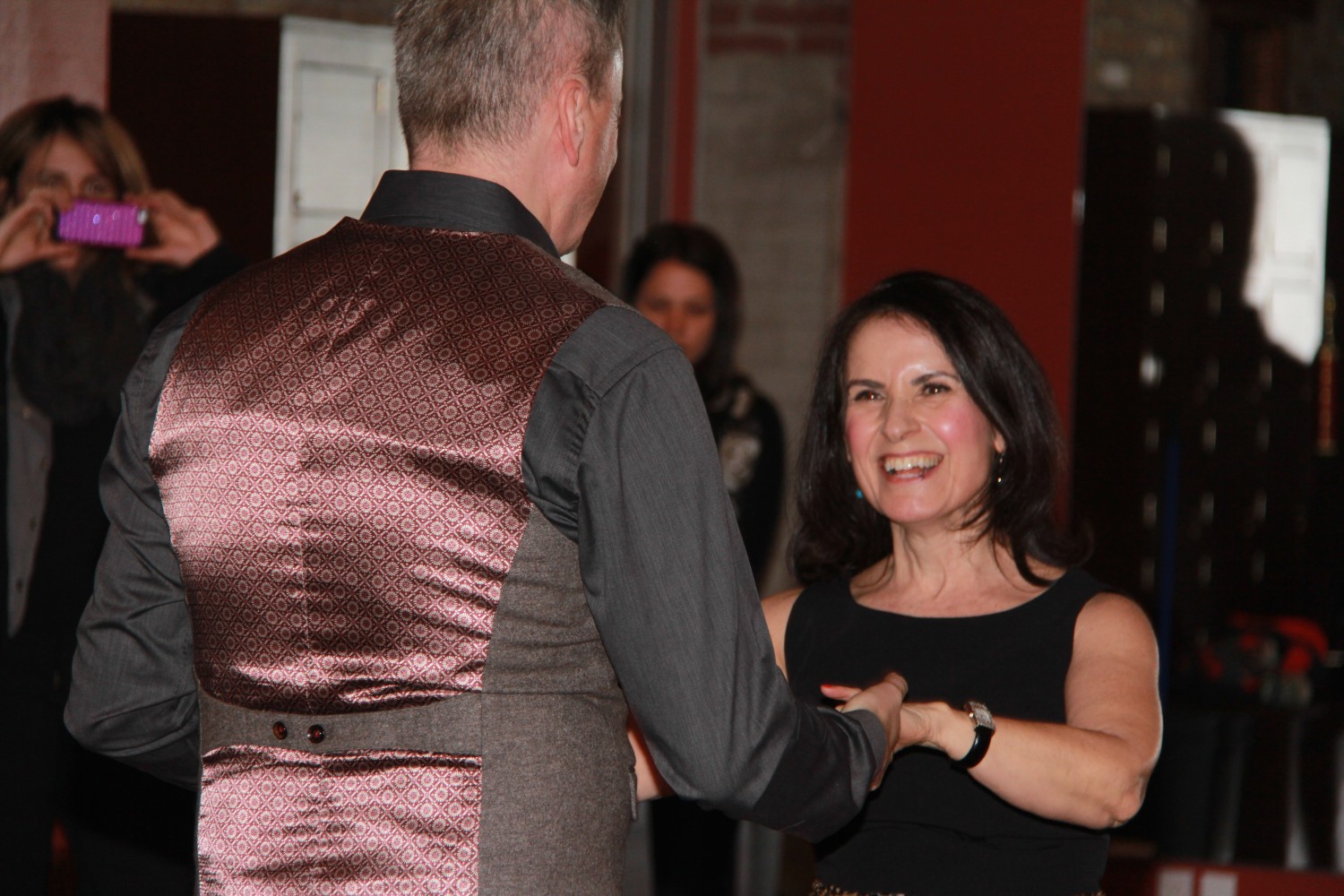Dancetiquette: How to Handle a Difficult Partner

Who wants to grab your dance partner by their shoulders and shake them, while screaming everything about them that frustrates you? When we develop pet peeves about our partners, it can result in less productive practice sessions, or even lose you a dance partner. Fortunately, there are ways to smooth things out that don’t end with a restraining order. Since different personalities call for different situations, let’s look at 4 of the most common situations.
Scenario 1: The Giant Ego
Here’s a dance partner that can do no wrong – at least in his own eyes. They simply can’t seem to see their own mistakes, and quickly get defensive if one is pointed out to them. The Giant Ego is afraid of showing weakness, which prevents him from learning how to partner better.
What to do:
- Phrase your concerns in the form of a question (‘I always seem to get my foot stepped on at this point. Do you think stepping more to your right could avoid that?)
- Describe in terms of how you feel (‘it feels a bit uncomfortable when I’m turned that hard. Why don’t we see if I can still follow with a lighter lead?’)
- NEVER offer advice unless you can’t complete the step, or you might get hurt.
Scenario 2: Easily-Frustrated Eleanor
This dancer is their own worst critic; unlike Giant Egos, they seem to find fault with everything they do. They might be perfectionists, or wrestling with feelings of inadequacy, and can give up altogether if things look too dark.
What to do:
- Make sure you compliment them often, and give advice sparingly.
- As with Giant Egos, phrasing your suggestions as questions can take the edge off.
- Swallow any frustration you feel. They feel it twice as bad, trust me.
Scenario 3: The wrestler
They lead like the incredible hulk, and back-lead by treating your body like it’s their personal plaything. Sometimes you feel like they’ve taken over both sides of the partnership, and other times you have to say something or risk losing a finger.
What to do:
- As with Giant Egos, tactfully phrase problems as questions, and in terms of how you feel.
- If you’re really getting hurt, make it clear you’ll have to stop early to protect your body if they aren’t more careful.
Scenario 4: The critic
No matter how well you dance, your partner alway finds something you could have done better. They’ve convinced themselves the dance will be perfect, if they can just correct all of your ‘faults’. Often pairs with The Giant Ego.
What to do:
- Deep breaths. Try and swallow your pride long enough to at least listen to their suggestions.
- If the advice seems to make sense, try it! (And confirm it with an instructor later.)
- If the advice seems suspect, diplomatically suggest that you’ll talk to an instructor later to make sure you’re not misunderstanding their advice.
- If they are persistent, suggest they phrase their criticism in terms of what doesn’t feel comfortable, so it becomes a brainstorming session instead of an attack.
All the above is assuming you actually want to keep dancing with your partner, despite their shortcomings. If all else fails, a frank discussion that’s respectful to both of your feelings can get through many hurtles. And remember to look in the mirror once and while – there’s almost always something we can do better on our end as well.
About the Author
Ian Crewe has been dancing ballroom for almost 20 years, and has a Licentiate in American smooth and rhythm. His passion for dance and his endless seeking for ways to reach new audiences eventually led him to blogging and the World Wide Web. Ian currently teaches ballroom at the Joy of Dance Centre, Toronto, ON, Canada.

